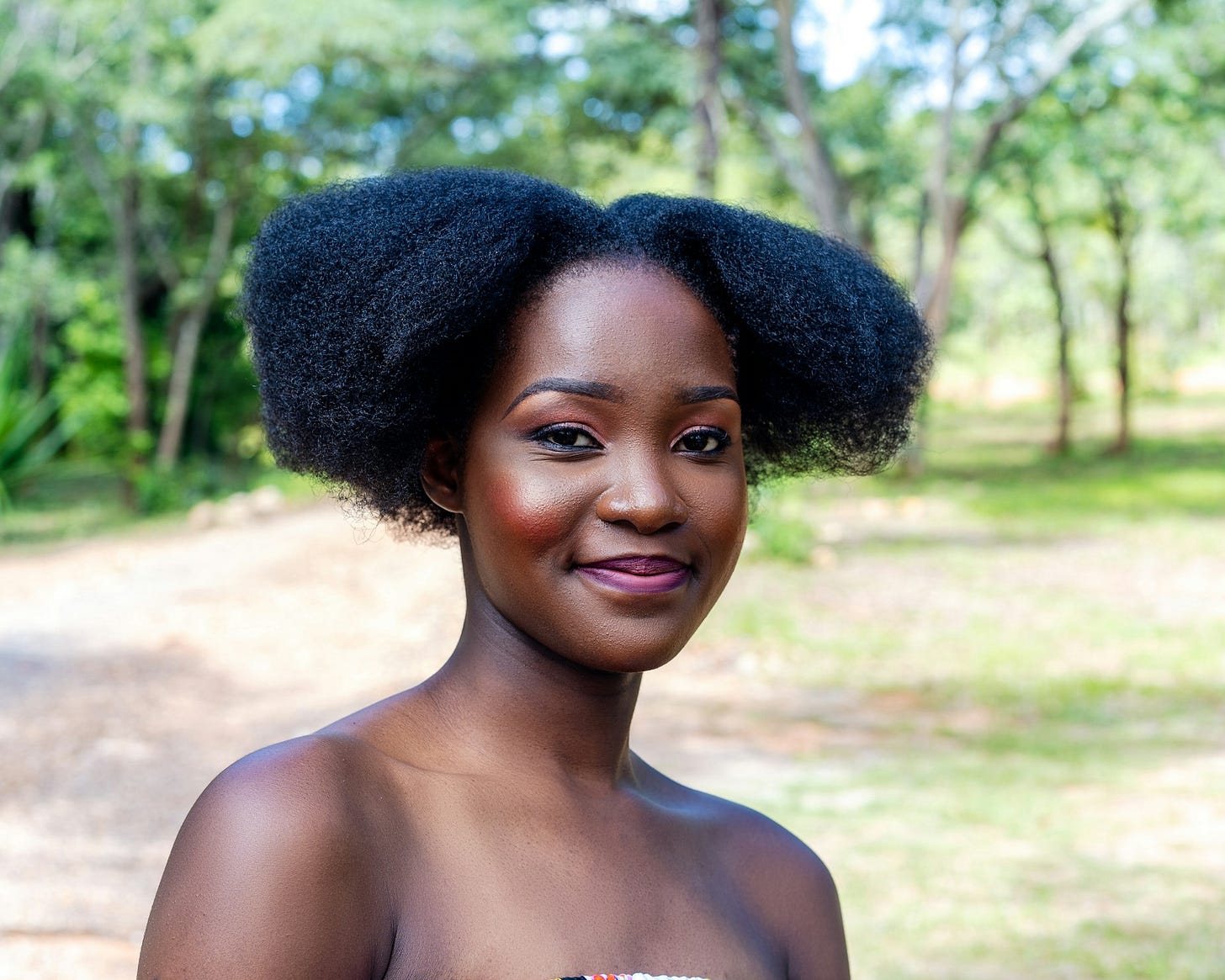The Dubai Dream Deception: Unmasking the Sex Trafficking Network Exploiting Africa’s Daughters
How promises of luxury and opportunity lure young women into a hidden world of exploitation.
The promise is as old as migration itself: a better life. A respectable job. A chance to lift your family out of poverty and build a future filled with dignity. For countless young women across East Africa, this promise has a specific address: Dubai. The glittering skyline of the UAE, broadcast on social media and in whispered success stories, shines like a beacon of hope.
But for an untold number of women, that beacon is a trap. A recent, deeply disturbing BBC investigation has pulled back the curtain on a sophisticated and brutal sex trafficking ring operating with impunity in Dubai, systematically exploiting, and destroying the lives of young women from Uganda and beyond. Their stories reveal a nightmare of deception, coercion, and violence, all unfolding in the shadow of one of the world’s most opulent cities.
This is the story of how a dream is sold, and how it is shattered.
The Bait: A Respectable Job, A Better Life
The scheme begins not in the dark corners of the internet, but in the familiar ones. A friend of a friend. A social media post from a “seemingly successful” acquaintance already abroad. An unlicensed employment agency in Kampala with a convincing website and glossy brochures.
The offer is always legitimate sounding, carefully crafted to appeal and reassure. To work in a supermarket. A job in a retail store. A position in the hospitality industry in a five-star Dubai hotel. These recruiters, often themselves former victims or part of a wider network, offer contracts, sometimes even arranging visas. They speak of salaries that are a fortune “back home”—enough to pay siblings’ school fees, to build a house, to change a family’s trajectory forever.
The price for this life-changing opportunity?
These hopeful women board the plane to Dubai believing they are about to start a new chapter.
It is the last free decision many of them will ever make.
The Trap: Debt, Passports, and Brutal Coercion
Upon arrival at Dubai International Airport, the fantasy evaporates. Their passports are immediately confiscated by their “employers.” The promised job in a hotel or shop does not exist. Instead, they are taken to cramped apartments and presented with a new, horrifying reality.
The debt owed has now ballooned into an impossible, fabricated sum—$5,000, $10,000, or more—for travel, agency fees, and lodging. They are told they must work off this debt. But the work is not serving customers; it is serving men. They are forced into prostitution.
The methods of control are textbook coercion:
Debt Bondage: The insurmountable debt is used as the primary psychological shackle, making them feel obligated to comply.
Isolation: In a foreign country without their passports, they have nowhere to run. Their movements are monitored.
Violence and Threats: Those who resist are beaten, starved, and threatened. Many are told that if they try to escape, their families back home will be harmed.
Psychological Abuse: Their self-worth is systematically broken down. They are forced into extreme and degrading acts, with clients specifically paying for dehumanizing fetishes. They are made to feel complicit and ashamed, a powerful tool to silence them.
They are trapped in a gilded cage, their bodies commodified, their dreams replaced by a daily struggle for survival.
The Ultimate Cost: Suspicious Deaths and a Rush to Judgment
The BBC’s investigation takes a devastating turn from exposing criminal exploitation to probing potential murder. The report highlights the cases of two young Ugandan women, Monic Karungi and Kayla Birungi, who managed to escape the trafficking network, only to die under highly suspicious circumstances in 2021 and 2022, respectively.
In both cases, Dubai police swiftly ruled the deaths suicides. But the evidence tells a more sinister story.
Monic Karungi was found dead in her apartment with injuries her friends and family say were inconsistent with a suicide. Kayla Birungi had messaged a friend saying she feared for her life and had been threatened by a "boss man" from the trafficking ring. While a toxicology report found a lethal amount of alcohol and painkillers in her system, those who knew her question how she could have obtained them so soon after escaping her captors and pleading for help.
The official rush to rule these tragedies as suicides has raised serious doubts among activists and the victims’ communities. It points to a culture of impunity and a failure to thoroughly investigate cases involving vulnerable migrant women, leaving the haunting question: were they killed to silence them?
A Systemic Crisis, Not an Isolated Incident
To view this trafficking ring as an aberration is to misunderstand the scale of the problem. It is a symptom of a vast, systemic crisis.
Vulnerability by Design: As a 2022 U.S. Department of State report highlighted, a staggering eighty-seven percent of Ugandan migrants in the Middle East had experienced conditions of forced labor. Soaring youth unemployment and economic desperation in Uganda create a pool of highly vulnerable individuals whom traffickers can easily bait with false promises.
A Well-Oiled Network: This is not the work of a lone predator. It is a criminal enterprise involving recruiters on the ground in Uganda who receive fees for each woman they ensnare, coordinators who handle logistics, and enforcers in Dubai who manage the exploitation. Charles "Abbey" Mwesigwa, a former London bus driver identified by the BBC as a key figure, is just one node in a much larger network.
A Culture of Impunity: Victims who have escaped report that Dubai police were often unhelpful, at times even returning them to their traffickers. The deep stigma around sex work prevents many from coming forward, fearing arrest or deportation rather than being treated as victims of a serious crime. This environment allows the trade to flourish with minimal risk to the perpetrators.
This issue also extends far beyond Uganda. Investigations by Reuters and the International Consortium of Investigative Journalists (ICIJ) have documented identical patterns targeting young women from Nigeria, Ghana, and other African nations, lured to the UAE and other Gulf states.
A Call for Light in the Darkness
The gleaming facade of Dubai is built in part by migrant labor. While many travel for legitimate work, this investigation exposes the rotten foundation upon which some of that glitter is built—the systematic, brutal exploitation of the world’s most vulnerable.
Addressing this requires a multi-front war:
1. In Uganda and sending countries: Aggressive regulation of recruitment agencies, public awareness campaigns about the dangers of illegal trafficking, and stronger pre-departure vetting and support.
2. In the UAE and receiving countries: Drastic reform of the kafala (sponsorship) system that ties workers to employers, mandatory training for law enforcement to identify and protect trafficking victims rather than criminalize them, and real, transparent investigations into suspicious deaths.
3. Globally: Continued investigative journalism to shine a light on these crimes, and sustained pressure from international bodies and governments to demand accountability.
The story of the women trafficked to Dubai is a stark reminder that modern slavery is not a metaphor. It is a reality happening in real time, in a global hub of commerce and tourism. It is a story of a dream weaponized, of hope used as bait. And it will continue until the economic desperation that fuels it is addressed, and the networks that profit from it are dismantled—one arrest, one policy change, one exposed truth at a time.
The women like Monic and Kayla deserve more than a rushed ruling. They deserve justice. And the countless others still trapped in the darkness deserve a chance to see light again.
Sources & Further Reading:
BBC Investigation: Revealed: The Ugandan women trafficked to Dubai and trapped in sex trade
U.S. Department of State, 2022 Trafficking in Persons Report: Country Narratives: Uganda
Reuters Investigation: How torture, deception and inaction underpin UAE's thriving sex trafficking industry https://www.reuters.com/investigates/special-report/uae-trafficking-sex/
International Consortium of Investigative Journalists (ICIJ): Related reporting on migrant worker exploitation in the Gulf




